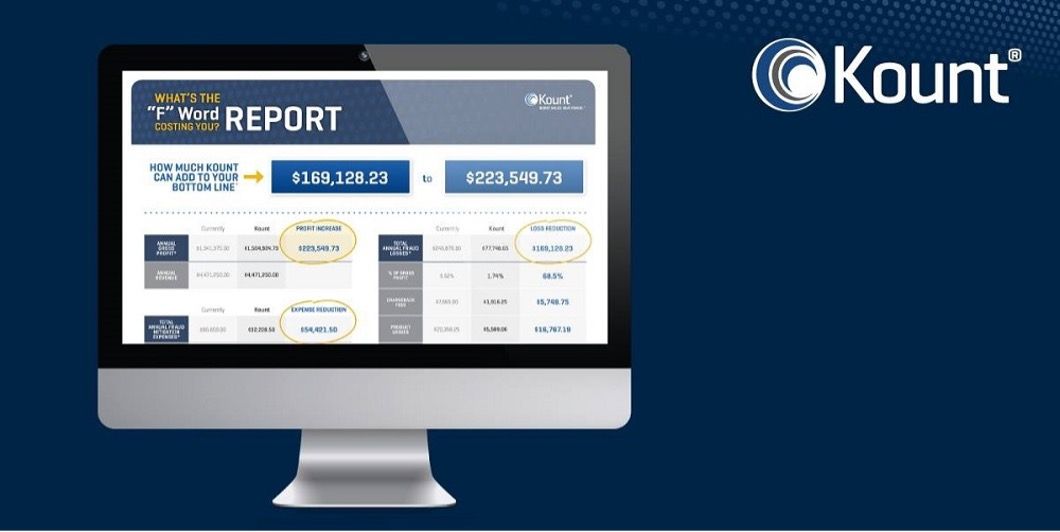Key takeaways
- Private equity offers investors an ownership stake in companies that are not listed on any public stock exchange
- Over the past decade, private equity has outperformed the public markets on average
- Outside of ADDX, the barriers to investing in private equity have been high, allowing only institutional and very high net worth investors to access it
What is private equity?
From fast-growing startups and unicorns to industry-leading private concerns, private equity offers investors an ownership stake in a wide range of companies not listed on any public exchange. As an asset class, private equity often features far higher returns (as well as risk) and offers investors greater choice than publicly listed stocks.
Over the past ten years, private equity has outperformed the public markets on average: private equity yielded an annual return of 15.6% in the US and 14.2% globally over that period versus global public equities’ 10.0%. Early-stage venture capital generated even higher returns of 16.3% versus the S&P 500 at 14.0%, according to benchmark data compiled by Cambridge Associates.
In recent years, private markets have had significant momentum as global assets under management (“AUM”) grew by US$4 trillion in the past decade - an increase of 170%, while the number of active private equity (PE) firms has more than doubled. By the end of 2019, total AUM across markets hit an all-time high at US$6.5 trillion, according to McKinsey.
What are the advantages of investing in private equity?
Performance
Private equity investments can offer much higher rates of return than investments in publicly listed stocks and other traditional asset classes.
Less Volatile
Investments in private equity can be far less volatile than public stocks and are less subject to the ups and downs of the public market.
More Opportunities & Potential for Upside
Good private equity managers have more opportunities to find companies with substantial upside potential. Publicly listed companies are extensively analysed, and performance is transparent to all, therefore undervalued companies are less common. Private companies, in contrast, are not nearly as closely followed or transparent, so there are more opportunities available.
What are the disadvantages?
Less Transparent
Performance filings and figures for private companies are not subject to the same regulatory requirements as publicly listed companies. Thus it is more difficult to gather reliable information about them.
Higher Risk
Investing in private equity can carry higher risks than investing in publicly listed companies. At worst, the company could fail and wipe out all the capital invested by the manager. This rarely happens with publicly listed companies.
Higher Fees
Private equity investments have traditionally been subject to much higher fees than public investments. However, ADDX brings down these costs down considerably.
Illiquid
Traditionally, private equity has been less liquid than investing in the public markets. Investors are often locked in for anywhere between four and 10 years before an IPO or other exit event allows them to sell and profit from their investment. This is changing. ADDX, for example, allows investors to buy and sell private equity on its integrated exchange.
Who can invest in private equity?
In Singapore, entry-level investments into private equity can run into millions of dollars, making them inaccessible to all but institutional investors and the very wealthy. ADDX, however, democratises private equity investing by making it available to investors for as little as S$10,000 to invest in primary offerings and as little as S$100 to trade.
To qualify as an ADDX investor, investors need to meet one or more of the following conditions:
- Yearly income of at least S$300,000 or
- Net financial assets of at least S$1,000,000 or
- Net total assets of at least S$2,000,000
What types of private equity investments are there?
In general, investors can access private equity in two ways: directly, by investing directly into private companies or via private equity and venture capital funds. In either case, there are several different sub-types of private equity to be aware of. These include:
Growth Capital
Private equity managers invest in private companies that they believe have excellent growth prospects. They usually take minority stakes in these companies.
Unicorn Investing
Let you invest in fast-growing privately-held startups valued at over US$1 billion. Many of today’s hottest and most dominant companies – Robinhood, Flipkart, Amazon, Airbnb, and Google, to name just three – are former unicorns.
Venture Capital
Let you invest in startups and earlier stage companies that have strong growth potential. Some consider this a private equity investment while others see it as an asset class of its own. Venture capital has a higher risk-reward ratio than the other types of private equity investments because the companies haven’t yet built up a performance track record.
Distressed
Investing in companies that are not doing well with an eye towards getting the company on the road to recovery.
The Bottom Line:
Private equity offers investors an ownership stake in companies that are not listed on any private stock exchange. These can range from cutting edge startups to well established corporate giants. While traditionally only available to institutional investors and the very wealthy, ADDX allows accredited investors access to private equity for as little as S$10,000 (to invest in primary offerings) or S$100 (to trade).
Case Study: CVC makes a handsome profit from Kount sale
A private equity investment is only successful if the manager can sell the company at a profit at the end of the day.
In January, CVC Capital Partners sold market-leading AI-driven fraud detection platform Kount in a deal that meets all the requirements of a successful investment:
- At USD640m, CVC secured a return of almost 5x the fund’s initial investment in the company
- The investment's gross internal rate of return was 34% - an exceptionally high return by anyone’s measure.

ADDX is your entry to private market investing. It is a proprietary platform that lets you invest from USD 10,000 in unicorns, pre-IPO companies, hedge funds, and other opportunities that traditionally require millions or more to enter. ADDX is regulated by the Monetary Authority of Singapore (MAS) and is open to all non-US accredited and institutional investors.



